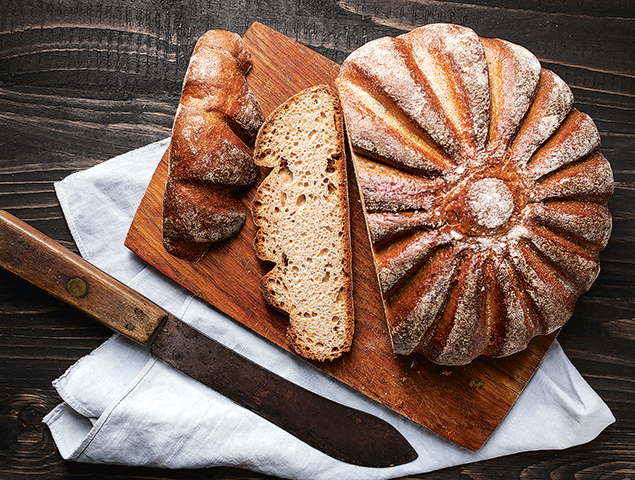I would love to see the onion domes of the Church of the Savior on Spilled Blood in St. Petersburg, or partake in a moonlight cruise on the Bosphorus, or hike along the Fitz Roy Massif in Patagonia, or slurp scalding wonton noodles in a bustling restaurant in Hong Kong.
However, given that I have a full-time job, a nine-year-old boy I’m raising by myself, rather robust memories of the financial straits my divorce flung me into, and abstract nervousness regarding college and retirement savings, my dreams are likely to remain dreams for now.
I grew up on the outskirts of a small Himalayan town in India’s Darjeeling district, with droopy pine trees that caressed the eyes and an unparalleled view of the glistening, white peaks of Kanchenjunga—the third-highest mountain in the world. I was quite aware of the beautiful setting and grateful for it, but that never stopped me from longing for the unfamiliar. If only I lived in a metropolis, I thought, the people I’d meet, the adventures that would come my way!
My mother encouraged me to read, and what I discovered in books made things worse. Take food. On the one hand was the food I was required to consume every day—dal, mushy vegetables, fish curry, and rice. On the other were entrancing depictions of potted-meat sandwiches, crumpets, ginger pops, jammy buns, and fruit tarts in the books by my favorite author, Enid Blyton. A vast portion of my childhood was spent fantasizing about everything my life wasn’t about.
As an adult, I had to reconcile myself to a fate (no doubt chiseled by my own choices) that fell short of my dreams in more drastic ways.
My marriage, which had brought me to Washington, ended in my early thirties. As I adjusted to the change, I forgot that existence could be about anything other than survival. All I managed to do was attend to my son’s needs, work, cook, and, on good days, attempt a few household chores. As time passed and my son became more independent, I began to realize that life can be more, that it can truly hold joy, meaning, and adventure.
The answer is not to embark on monumental expeditions but to let little gusts of novelty blow into the routine grind of existence. For me, these still involve literature or food.
A case in point: My son was at a birthday party recently and I had a few hours to kill, so I wandered into a Russian grocery store in Gaithersburg. It was stocked with fascinating food and drink, but the loaves of bread in the fridge caught my attention. Coincidentally, I had just finished rereading Anna Karenina, which is replete with descriptions of bread: people eating it with vodka or tea; a character devouring bread, butter, cold chicken, and salted mushrooms; an old man mashing his bread, then pouring water and sprinkling salt on it before offering the sop to his wealthier guest; a character cutting off a piece of cheese and spreading it on “a wafer of bread fine as a spider-web”; a group of people devouring bread, cucumbers, and fresh honey.
That evening, I cut a thick slice of the black Russian bread I’d bought at the grocery, warmed it in the microwave, spread honey on it, and took a bite. As I chewed, the pleasure I experienced was far greater than anything the earthy taste might have been responsible for. My son looked at me with a baffled expression. “You’re not supposed to eat that kind of bread with honey,” he said, shaking his head.
“You may be right,” I replied. However, that isn’t always the point.
Ananya Bhattacharyya (ananya.bhattacharyya@gmail.com) is an assignment editor at the Washington Independent Review of Books. This article appears in the September 2014 issue of Washingtonian.



















